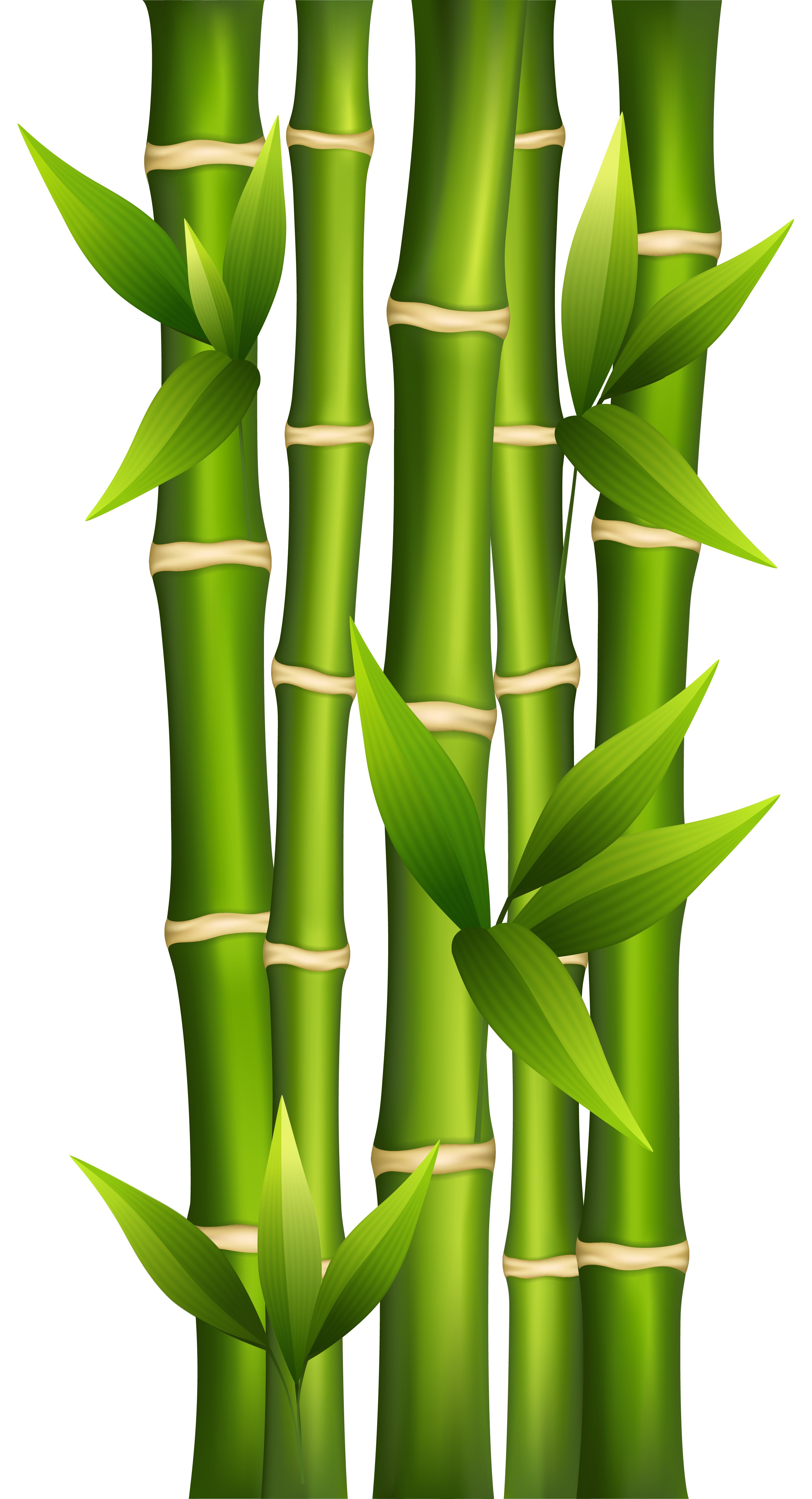
This image has format transparent PNG with resolution 2787x5144.
You can download this image in best resolution from this page and use it for design and web design.
Bamboo PNG with transparent background you can download for free, just click on download button.
The bamboos are evergreen perennial flowering plants in the subfamily Bambusoideae of the grass family Poaceae. The word "bamboo" comes from the Kannada term bambu, which was introduced to English through Indonesian and Malay.
In bamboo, as in other grasses, the internodal regions of the stem are usually hollow and the vascular bundles in the cross-section are scattered throughout the stem instead of in a cylindrical arrangement. The dicotyledonous woody xylem is also absent. The absence of secondary growth wood causes the stems of monocots, including the palms and large bamboos, to be columnar rather than tapering.
Bamboos include some of the fastest-growing plants in the world, due to a unique rhizome-dependent system. Certain species of bamboo can grow 91 cm (36 in) within a 24-hour period, at a rate of almost 4 cm (1.6 in) an hour (a growth around 1 mm every 90 seconds, or 1 inch every 40 minutes). Giant bamboos are the largest members of the grass family.
Bamboos are of notable economic and cultural significance in South Asia, Southeast Asia and East Asia, being used for building materials, as a food source, and as a versatile raw product. Bamboo has a higher specific compressive strength than wood, brick or concrete, and a specific tensile strength that rivals steel.
Bamboos have long been considered the most primitive grasses, mostly because of the presence of bracteate, indeterminate inflorescences, "pseudospikelets", and flowers with three lodicules, six stamens, and three stigmata. Following more recent molecular phylogenetic research, many tribes and genera of grasses formerly included in the Bambusoideae are now classified in other subfamilies, e.g. the Anomochlooideae, the Puelioideae, and the Ehrhartoideae. The subfamily in its current sense belongs to the BOP clade of grasses, where it is sister to the Pooideae (bluegrasses and relatives).
The bamboos comprise three clades classified as tribes, and these strongly correspond with geographic divisions representing the New World herbaceous species (Olyreae), tropical woody bamboos (Bambuseae), and temperate woody bamboos (Arundinarieae). The woody bamboos do not form a monophyletic group; instead, the tropical woody and herbaceous bamboos are sister to the temperate woody bamboos.
Altogether, more than 1,400 species are placed in 115 genera.
In this page you can download free PNG images: Bamboo PNG images free download